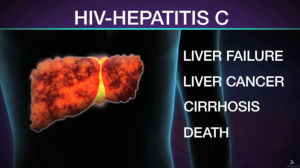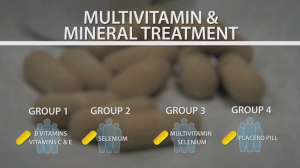NEW YORK (Reuters Health) – Treatment with a single dose of PRO 140, a monoclonal antibody targeting the CCR5 chemokine receptor, provides potent and prolonged antiviral activity in HIV-infected adults, according to a report in The Journal of Infectious Diseases for November 1.
PRO 140 blocks CCR5, the predominant coreceptor used by HIV for cell entry during transmission and the initial stages of disease. In vitro, it inhibits CCR5-tropic virus at concentrations “that do not antagonize the natural activity of CCR5,” the researchers explain.
“The magnitude of the reduction in viral load was surprising. To our knowledge, these represented the largest reductions in HIV-1 RNA reported after just one dose of any HIV drug,” lead author Dr. Jeffrey M. Jacobson told Reuters Health. “The findings may be related to the long serum half-life of the drug and the efficiency with which it blocks HIV in humans.”
Dr. Jacobson, from Drexel University College of Medicine, Philadelphia, and colleagues tested PRO 140 in 39 subjects with HIV-1 RNA levels of at least 5000 copies/mL and CD4+ cell counts of 250 cells/microliter or higher. In addition, the subjects had received no antiretroviral therapy for 3 months and only R5 HIV-1 was detectable.
The subjects were randomized to receive a single IV infusion of PRO 140, at doses of 0.5, 2, or 5 mg/kg, or placebo. The subjects were followed for 58 days to assess the safety, efficacy, and serum levels of PRO 140.
PRO 140 appeared to be safe and well tolerated and was associated a rapid, marked, and prolonged drop in viral load.
The anti-HIV effect was also dose dependent. The average reduction in HIV-1 RNA levels ranged from 0.58 log10 to 1.83 log10 with the 0.5- and 5-mg/kg doses, respectively. A greater than 10-fold reduction in mean viral load was seen within just 4 days of treatment and persisted for up to 3 weeks.
“PRO 140 has the potential to provide a potent, well-tolerated and long-acting drug,” Dr. Jacobson emphasized. “Whereas all HIV drugs currently are administered at least once daily, PRO 140 potentially could be administered on a weekly or less frequent basis, and thereby provide a novel approach to HIV therapy.”
He added that “studies are underway to examine both higher IV doses (of PRO 140) and a subcutaneous dosage form.”
Reference:
J Infect Dis 2008;198:1345-1352.




